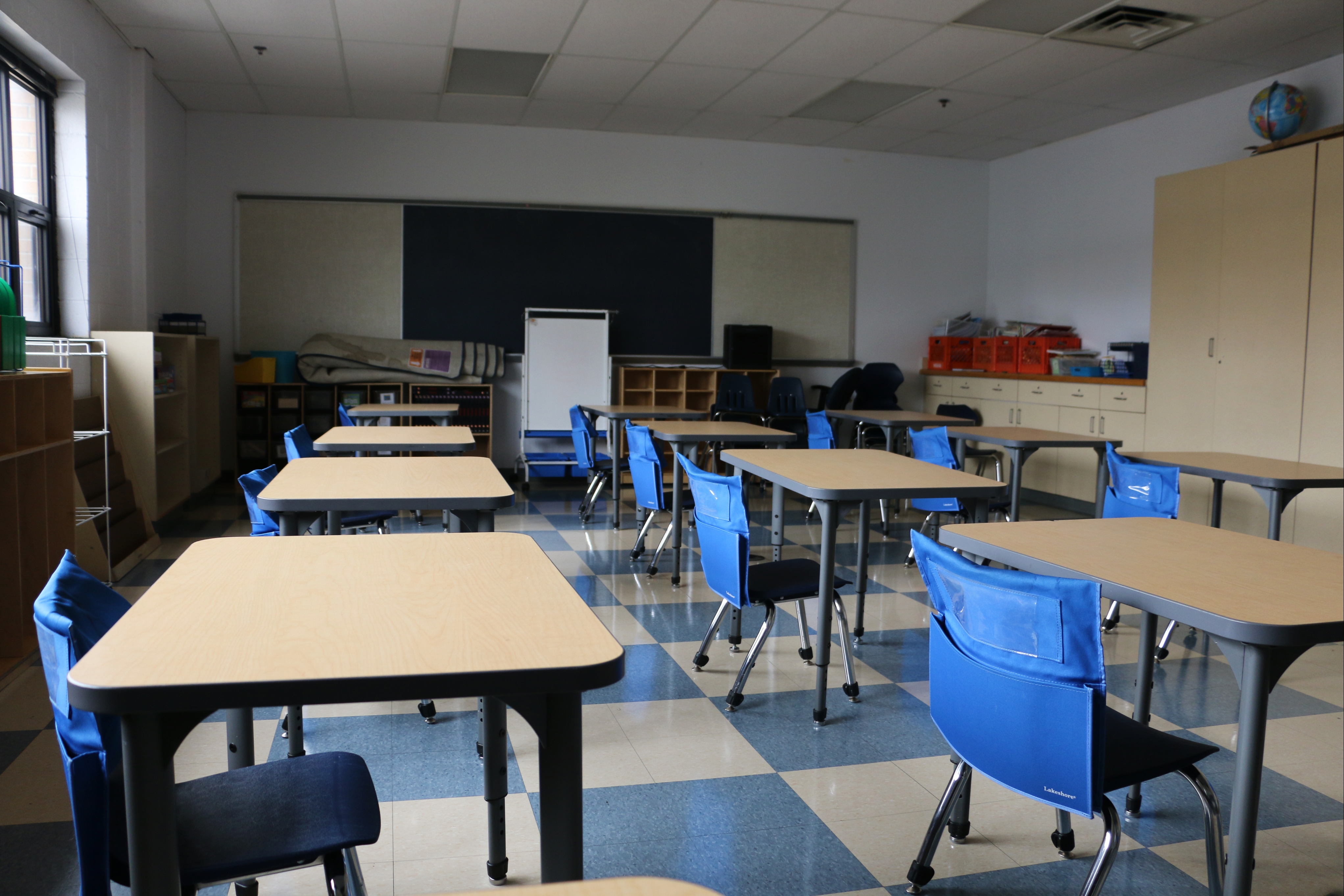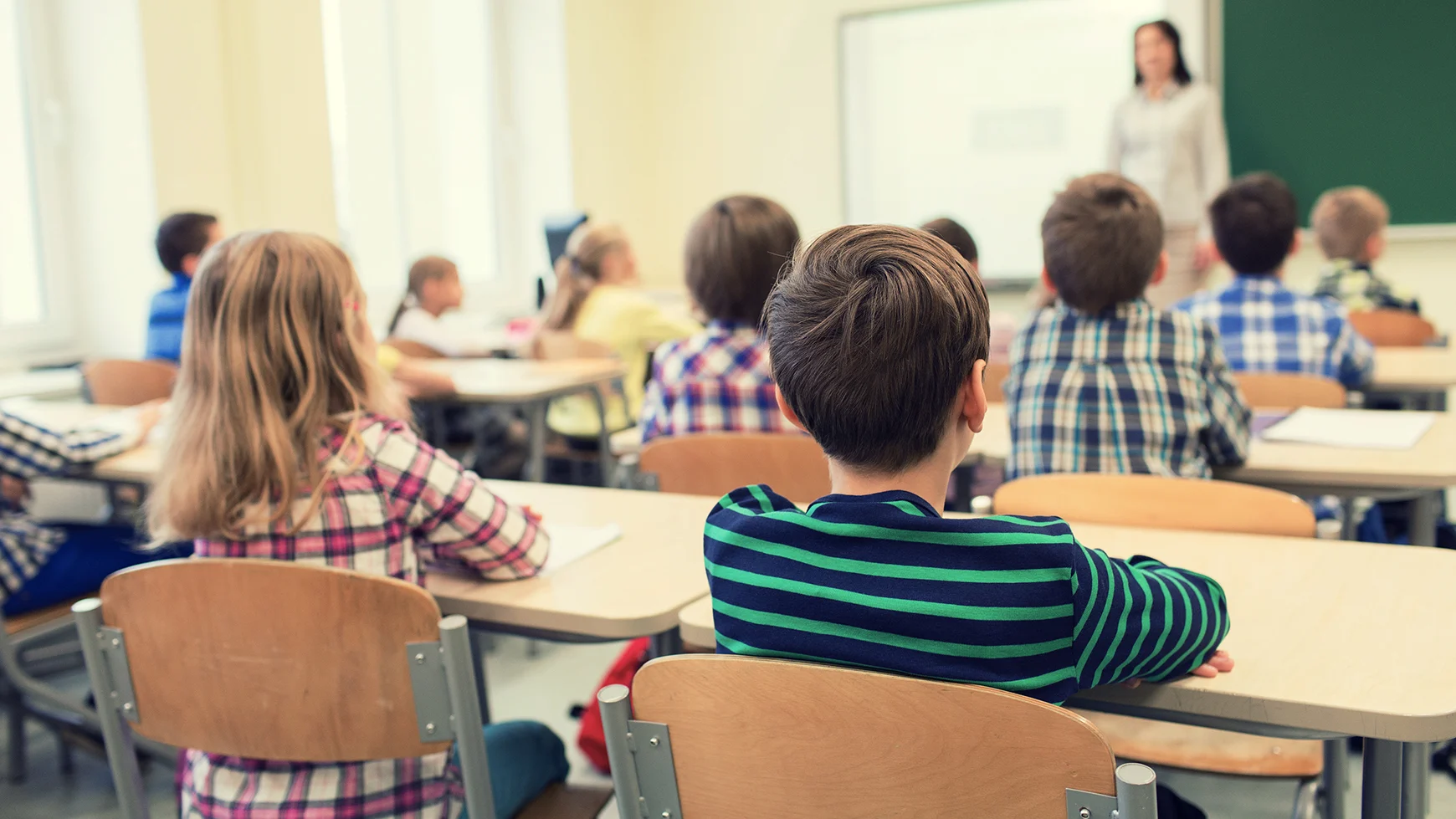The Significance of Regional Support to Save Temecula Schools Today
The Significance of Regional Support to Save Temecula Schools Today
Blog Article
Recognizing the Value of Colleges in Child Growth and Community Development
Schools work as critical establishments for kid development and community growth, providing settings where academic accomplishments are matched by the farming of social skills and direct exposure to varied point of views. These instructional setups not only promote vital reasoning and efficient communication yet likewise foster compassion via collective tasks. Schools' interaction with regional neighborhoods through service-learning campaigns reinforces the bond between families and academic establishments. This cooperative relationship underscores the value of institutions in nurturing energetic citizenship and lifelong learning routines. Nonetheless, what are the details mechanisms whereby these establishments achieve such profound effects?
Academic Accomplishment
Academic achievement serves as a foundation of kid development, giving the foundation upon which future knowing and success are developed. Institutions play a pivotal role in promoting this academic development, using structured settings where kids can obtain important expertise and cognitive abilities. Standard curricula ensure that students gain proficiency in core subjects such as maths, scientific research, and language arts, which are important for both college and professional possibilities.
Along with passing on essential academic skills, colleges likewise cultivate vital reasoning, analytical capabilities, and intellectual curiosity. These cognitive proficiencies are important for navigating complicated real-world scenarios and adapting to the ever-evolving needs of the contemporary workplace. Educators, as facilitators of learning, use varied instructional approaches to provide to varied understanding styles, consequently making the most of specific student possibility.
Furthermore, scholastic success is carefully connected to self-confidence and motivation. Youngsters that experience academic achievements are more probable to create a positive self-concept and a long-lasting interest for understanding. Schools likewise supply different sources, such as libraries and modern technology, which further improve the instructional experience and prepare students for a technologically innovative society.
Social Skill Growth
Beyond academic accomplishment, the function of schools in social ability growth is crucial. Schools function as a key place for kids to learn and exercise important social skills such as conflict, teamwork, and communication resolution. In the structured setting of a classroom, trainees connect with peers, educators, and various other school team, offering countless opportunities to develop these crucial capacities.
Efficient social ability growth in institutions is helped with through group tasks, collective projects, and extracurricular programs. These interactions aid students recognize social standards, develop compassion, and cultivate a sense of area. For example, team tasks educate pupils just how to collaborate in the direction of an usual goal, listen to various viewpoints, and browse arguments constructively.

The growing of social skills during academic year lays a structure for future personal and professional partnerships. Save Temecula Schools. As trainees mature, the capacity to effectively collaborate and connect comes to be increasingly crucial, underscoring the school's critical duty in all natural kid advancement
Direct Exposure to Variety
Exposure to diversity in colleges is essential to cultivating an inclusive mindset and widening trainees' point of views. Schools function as a microcosm of the broader culture, and running into varied societies, languages, and socioeconomic histories within this atmosphere furnishes students with necessary abilities for navigating an increasingly globalized world. This exposure encourages compassion, decreases bias, and promotes common regard amongst peers.
Varied classrooms additionally improve cognitive and social growth. Study indicates that trainees who connect with peers from varied backgrounds display much better analytical abilities and imagination. They discover to address value different point of views, which enhances classroom discussions and promotes an extra dynamic understanding experience. Additionally, this understanding of variety prepares trainees for future workplaces that worth multicultural skills.

Area Involvement
The advantages of varied classrooms expand past the college walls, fostering a solid feeling of neighborhood engagement among students. By communicating with peers from numerous cultural, socioeconomic, and ethnic histories, students get a wider viewpoint and a recognition for variety. This exposure motivates them to come to be energetic people that want to contribute positively to their communities.
Colleges that emphasize area interaction typically integrate service-learning projects, which enable students to resolve real-world issues while applying scholastic skills. These projects not just enhance students' understanding of their coursework yet also infuse a feeling of obligation and empathy. Partnerships in between schools and local organizations give trainees with opportunities to get involved in community events, even more solidifying their function as proactive community participants - Save Temecula Schools.
In addition, parental directory and area participation in schools enhances the bond between schools and the neighborhoods they serve. When colleges open their doors to neighborhood events, workshops, and volunteer chances, they produce a collaborative setting that benefits all stakeholders. This shared support group makes sure that students receive all natural advancement, preparing them to come to be well-shaped people who value and add to their neighborhoods. With these initiatives, schools play a crucial function in supporting neighborhood engagement and cultivating societal development.
Lifelong Learning Routines
Creating long-lasting discovering habits is essential for a kid's continual growth and flexibility in an ever-changing world. Colleges play a crucial function in instilling these habits by creating an atmosphere that promotes curiosity, vital thinking, and a love for knowledge. Through varied curricula and after-school activities, teachers encourage students to discover various topics, examine information critically, and use their finding out to real-world scenarios.

Additionally, schools supply an organized atmosphere where children can develop self-discipline and time management abilities, both of which are essential for continuous knowing. By emphasizing the significance of setting objectives, reflecting on progress, and adjusting methods, schools prepare trainees to browse the intricacies of grown-up life, ensuring they continue to be lifelong learners and factors to culture.
Final Thought
To conclude, schools are vital in promoting kid advancement and area development by supplying settings helpful to academic accomplishment, social ability growth, and exposure to diversity. Via joint tasks and interactions, institutions improve vital reasoning, compassion, and interaction skills. Community engagement initiatives additionally reinforce the bond in between local communities and educational organizations. Eventually, colleges grow lifelong knowing behaviors, gearing up individuals with the essential expertise and skills to add positively to culture.
In the organized environment of a class, pupils connect with peers, educators, and various other school team, using various chances to create these vital capabilities.
In significance, exposure to diversity within schools not just enriches private trainees but additionally strengthens the social material of the area as a whole.
The advantages of go to my site diverse classrooms prolong past the school wall surfaces, promoting a strong feeling of community engagement amongst students.Schools that highlight area engagement commonly incorporate service-learning projects, which permit trainees to resolve real-world troubles while applying academic skills. Partnerships between institutions and local companies give trainees with chances to take part in neighborhood occasions, even more solidifying their function as proactive neighborhood participants.
Report this page